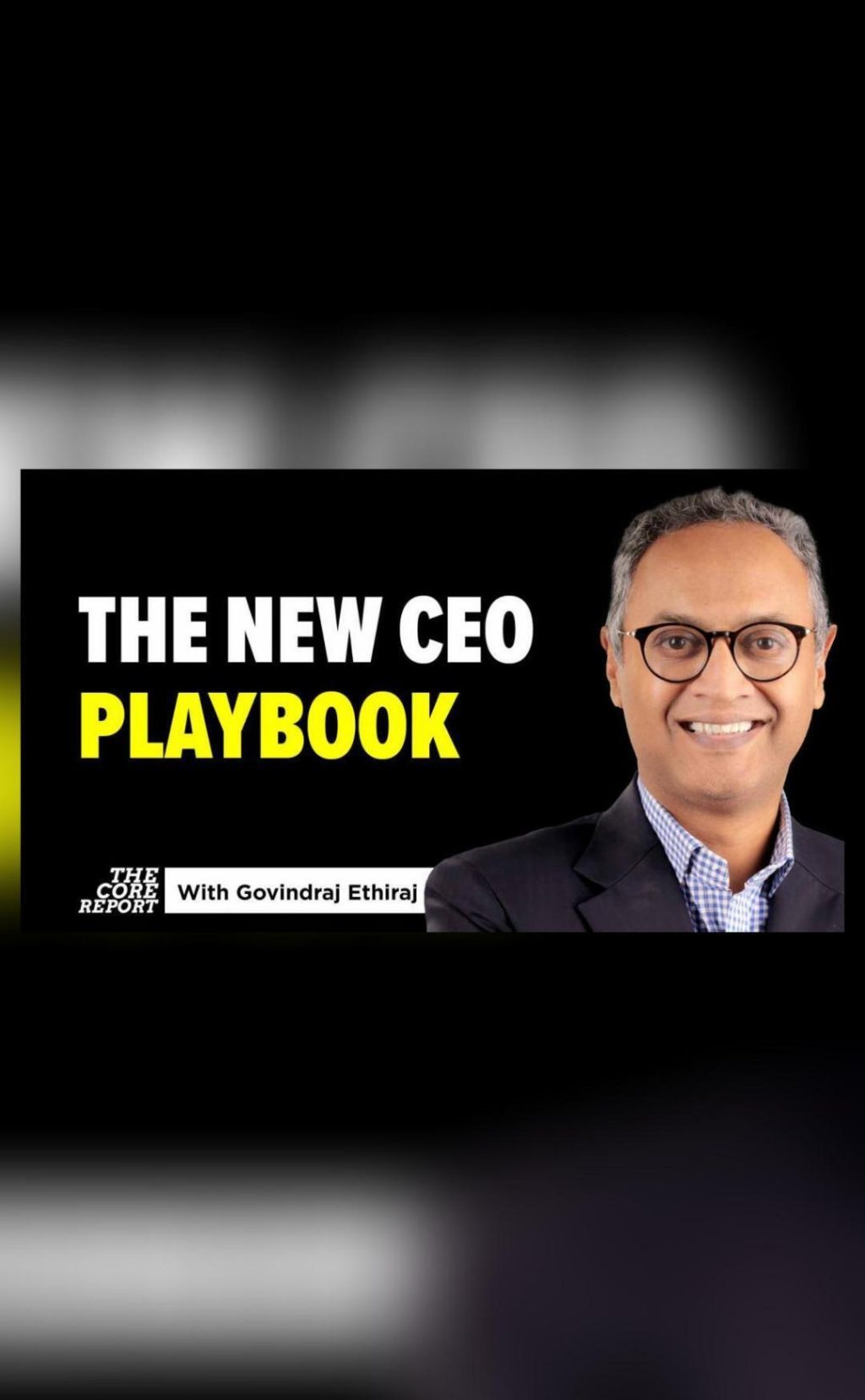
The New CEO Playbook: AI Pressures & Global Tariff Shocks
In today’s fast-paced and ever-changing business landscape, CEOs face unprecedented challenges as they navigate the intersection of Artificial Intelligence (AI) and global trade policy. As AI reshapes industries and tariff shocks disrupt trade, business leaders must rethink strategy and operations to remain competitive and relevant.
In this blog post, we’ll explore the pressures AI is placing on CEOs and the global tariff shocks that are disrupting trade. We’ll also discuss the implications for business leaders and provide insights on how to adapt and thrive in this new environment.
AI Pressures: The Need to Automate and Innovate
AI is transforming industries at an unprecedented pace. From customer service to supply chain management, AI is enabling businesses to automate processes, enhance decision-making, and improve operational efficiency. However, this transformation also brings significant pressures for CEOs.
The need to automate and innovate is no longer a luxury, but a necessity. According to a McKinsey report, companies that fail to adopt AI technologies will fall behind their competitors, leading to reduced market share and profitability.
To stay ahead of the curve, CEOs must invest in AI and develop strategies to integrate these technologies into their business operations. This requires a significant shift in company culture, as AI adoption demands a willingness to experiment, learn from failures, and adapt quickly to changing circumstances.
Global Tariff Shocks: The Uncertainty of Trade Policies
In addition to AI pressures, CEOs are facing unprecedented uncertainty regarding global trade policies. The rise of protectionism and the introduction of tariffs on goods and services are disrupting supply chains and creating uncertainty around trade agreements.
The impact of global tariff shocks is far-reaching, affecting not only trade volumes but also consumer behavior, investment decisions, and economic growth. CEOs must navigate this uncertainty by developing strategies to mitigate the effects of tariffs, diversify their supply chains, and adapt to changing trade policies.
The New CEO Playbook: Localize, Adapt, and Reconsider
In response to these pressures and shocks, CEOs must rethink their strategy and operations. Here are some key takeaways from the new CEO playbook:
- Localize: Companies must prioritize localization, focusing on products and services that cater to local markets. This requires a deep understanding of customer needs, preferences, and behaviors.
- Adapt: CEOs must be prepared to adapt quickly to changing circumstances, whether it’s a shift in consumer behavior, a change in trade policies, or the introduction of new technologies.
- Reconsider: Business leaders must reconsider their long-held business models, recognizing that the status quo is no longer sustainable. This may involve diversifying revenue streams, identifying new opportunities, and rethinking the company’s value proposition.
Case Studies: How CEOs are Adapting to AI Pressures and Global Tariff Shocks
Several CEOs have successfully adapted to these pressures and shocks, demonstrating innovative strategies and approaches. For example:
- Dell Technologies: In response to the shift towards cloud computing, Dell has invested heavily in AI and automation, enabling the company to enhance customer experiences and improve operational efficiency.
- Procter & Gamble: To mitigate the effects of global tariff shocks, P&G has diversified its supply chain, investing in local manufacturing and logistics to reduce dependence on international trade.
- Airbnb: In response to changing consumer behavior and preferences, Airbnb has adapted its business model, investing in new product features and services that cater to the needs of local communities.
Conclusion
The new CEO playbook requires business leaders to navigate the intersection of AI pressures and global tariff shocks. By localizing, adapting, and reconsidering their business strategies, CEOs can stay ahead of the curve and thrive in this new environment.
As AI reshapes industries and tariff shocks disrupt trade, CEOs must prioritize innovation, adaptability, and resilience. By doing so, they can transform their companies into agile and competitive players, ready to take on the challenges of the future.
Watch the video:
To learn more about the new CEO playbook, watch the video: https://youtu.be/0osLVVtj7tY






